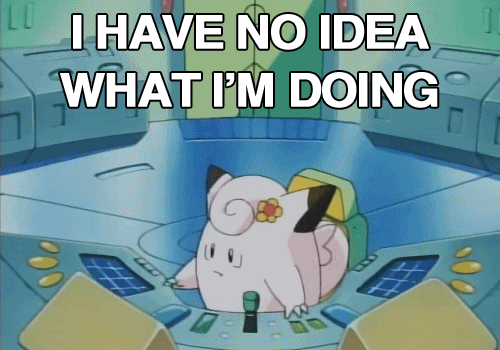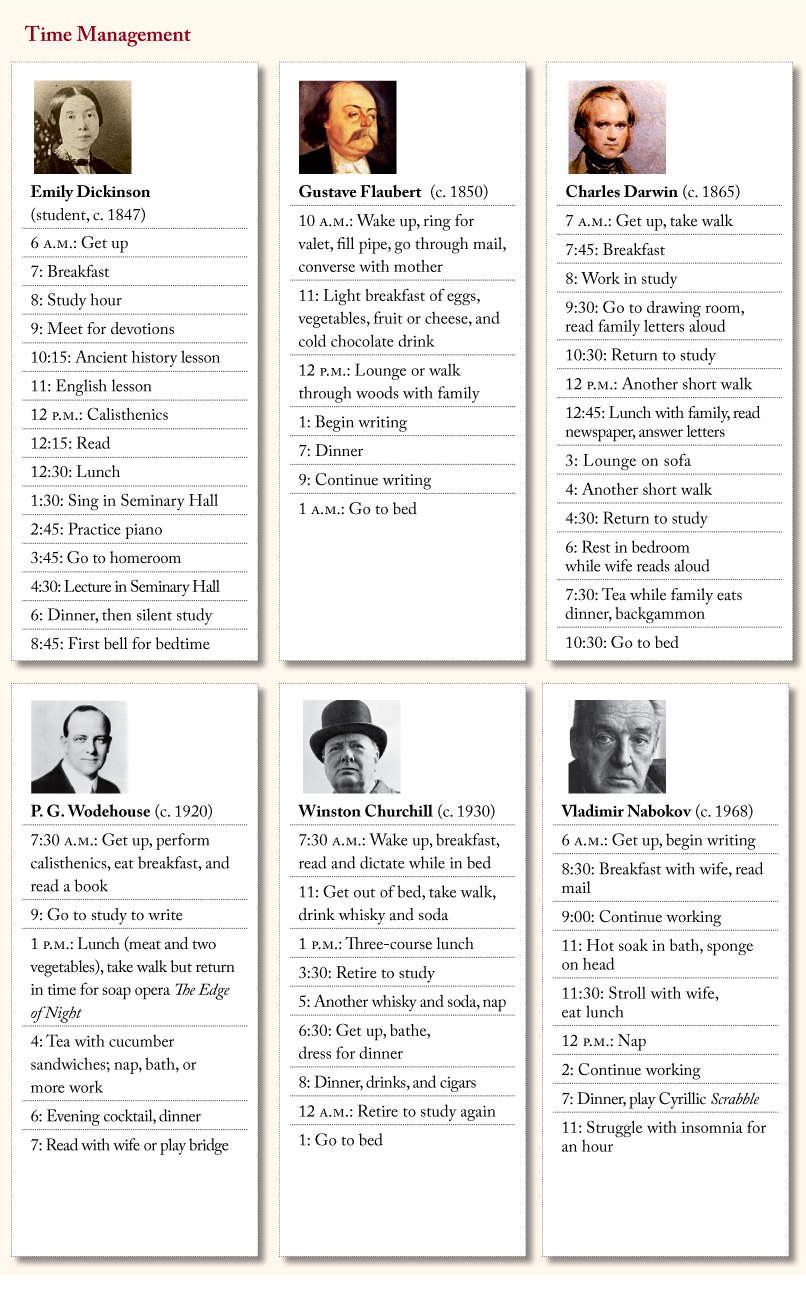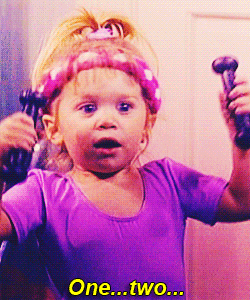
We live in a culture that seems obsessed with being productive.
While increasing our output and doing more with our time is certainly an admirable goal, according to Tony Schwartz, author of Be Excellent at Anything, that misguided approach is actually liable to hurt your productivity.
How so?
Without real restoration and rejuvenation throughout the day, people (knowingly) hold themselves back because they are worried about “pacing” their energy to make it through the day.
This is incredibly damaging to your potential, because it distributes your efforts at 25% across your whole work day instead of reaching 90% output at the moments that correspond with your body’s naturally productive rhythms of alertness. The result is that you aren’t able to do your best work and you aren’t getting the rest you need to rejuvenate yourself either.
I know I’ve fallen into the trap of conventional thinking that to be productive, I just need to work harder. I spend more and more hours at the desk, but when I look back, I’m not sure where the time went.
To Schwartz, not being able to push yourself to 90% output without worry is the biggest impediment holding you back from being truly productive and producing your best work. True productivity is determined by better energy management rather than simply cranking out more hours at your desk.
Read more








